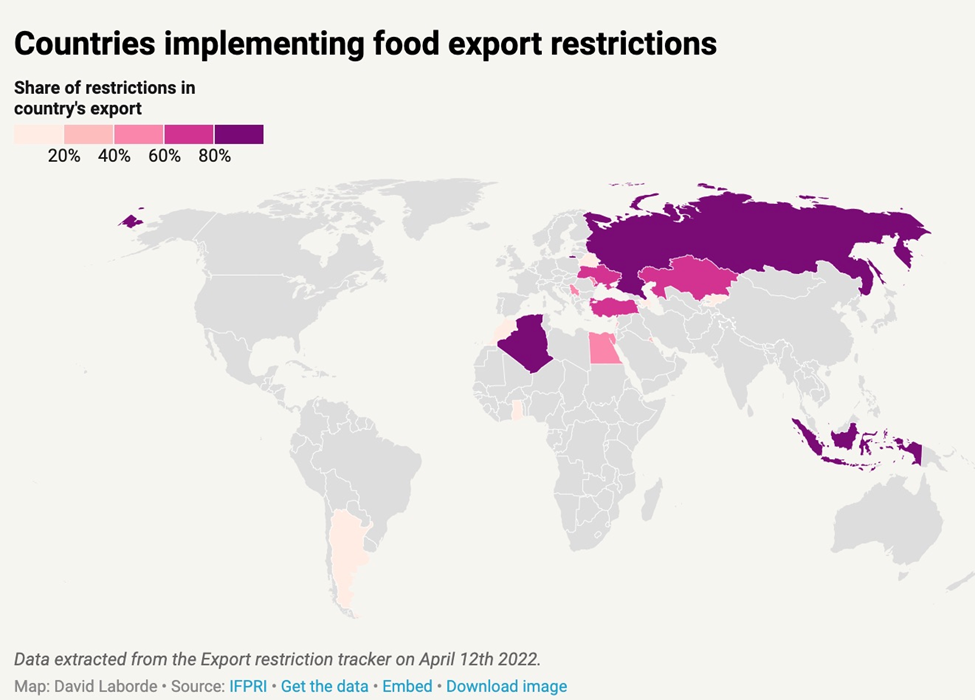Xiao Bin, Deputy Secretary-general, Center for Shanghai Cooperation Organization Studies, Chinese Association of Social Sciences
Oct 08, 2024
For the Ukrainian president to consummate his victory plan he must either wait for or create favorable external conditions. The plan is closely intertwined with the evolving dynamics of relations between China, the United States and Russia.
Joseph S. Nye, Professor, Harvard University
Jun 18, 2024
Two years ago, I outlined eight lessons from the Ukraine War. And though I warned that it was too early to be confident about any predictions, they have held up
Xiao Bin, Deputy Secretary-general, Center for Shanghai Cooperation Organization Studies, Chinese Association of Social Sciences
Apr 19, 2024
If Donald Trump returns to the White House next year, it might represent a turnaround for Russia. Although President Vladimir Putin has said that Russia would prefer Joe Biden, he also cannot fail to see an opportunity in Trump to continue his quest to restore Russian dominance, starting with Ukraine.
Xiao Bin, Deputy Secretary-general, Center for Shanghai Cooperation Organization Studies, Chinese Association of Social Sciences
Feb 01, 2023
Russia’s irrational struggle has accelerated a process in which nearby countries are induced to turn against it. Making war is a costly way of fighting. Our country needs to learn how to win without fighting through the use of soft methods.
Ji Shen, Independent Commentator
Nov 24, 2022
To answer, it is essential to place Russia’s motives in historical context. Since the conflict is essentially between Russia and NATO, the West must be willing to negotiate. Otherwise the struggle will be protracted, with no end in sight.
Leonardo Dinic, Advisor to the CroAsia Institute
Oct 21, 2022
Sanctions placed on Russia by Europe and the U.S. have only allowed Moscow to continue making money off exports, while simultaneously strengthening its relationship with Beijing.

Leonardo Dinic, Advisor to the CroAsia Institute
Sep 06, 2022
The war in Ukraine created a food crisis in an instant - and just like how the pandemic has emphasized the interconnectedness of the global community, the far-reaching impact of food exports being locked in Ukraine and Russia is rippling across Asia right now.
Richard Javad Heydarian, Professorial Chairholder in Geopolitics, Polytechnic University of the Philippines
Sep 06, 2022
Russia has struggled to maintain strategic momentum in Southeast Asia because of Western sanctions. The Eurasian powerhouse’s setbacks in Southeast Asia will ultimately strengthen the centrality of both China and the U.S. in shaping the regional security architecture.
Wu Zhenglong, Senior Research Fellow, China Foundation for International Studies
Sep 02, 2022
The European Union will see sanctions through regardless of cost. Meanwhile, it is feeling the backlash. As pressure continues to advance, the trouble will ferment, eroding their resolve. Will the EU be able to tough it out? That’s anything but certain.
Wu Zhenglong, Senior Research Fellow, China Foundation for International Studies
Jul 25, 2022
A peaceful resolution may be achieved in Ukraine but only under certain conditions - ones which don’t appear to be materializing any time soon.